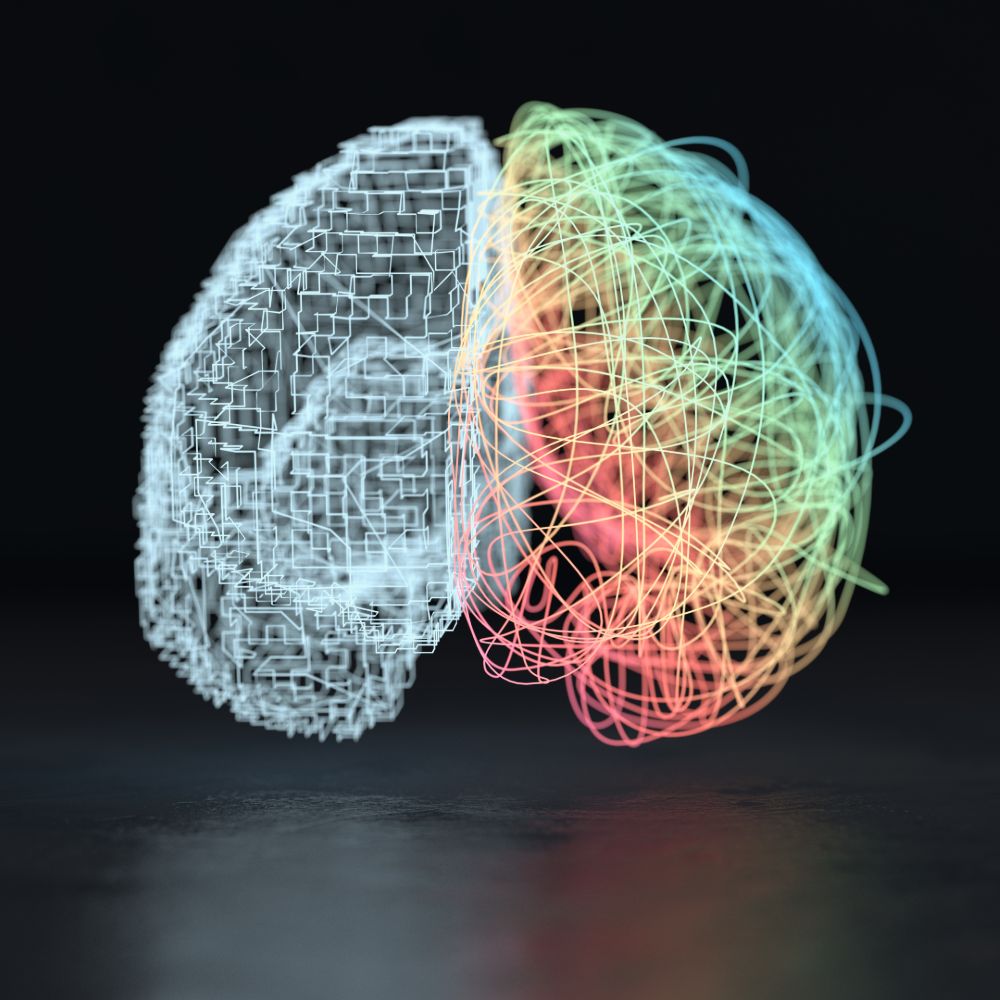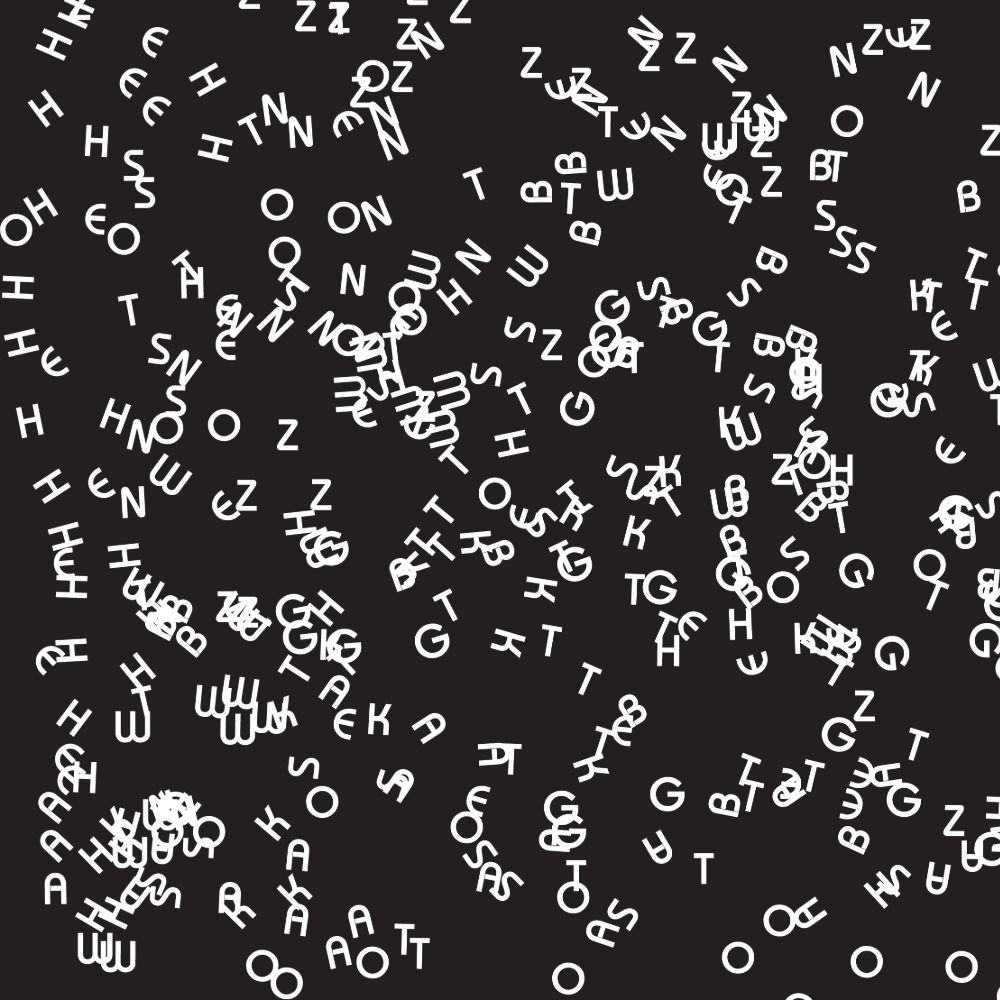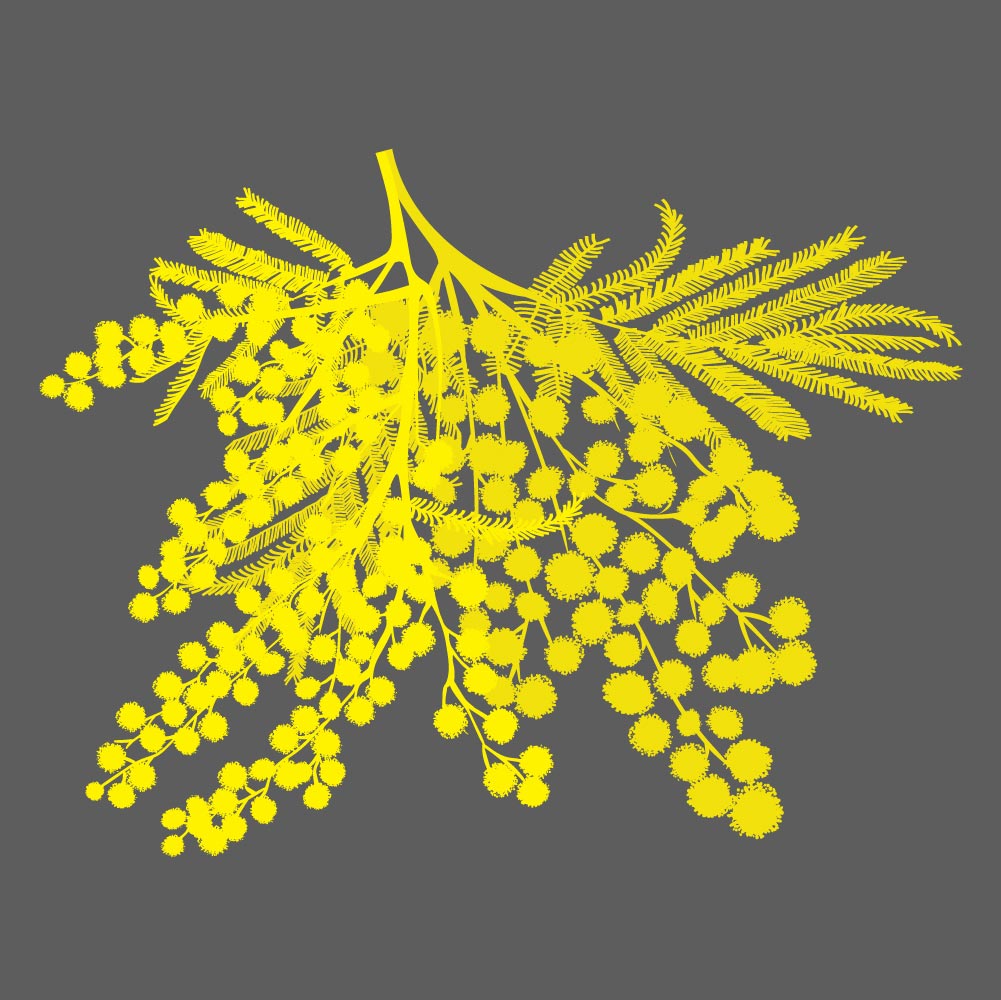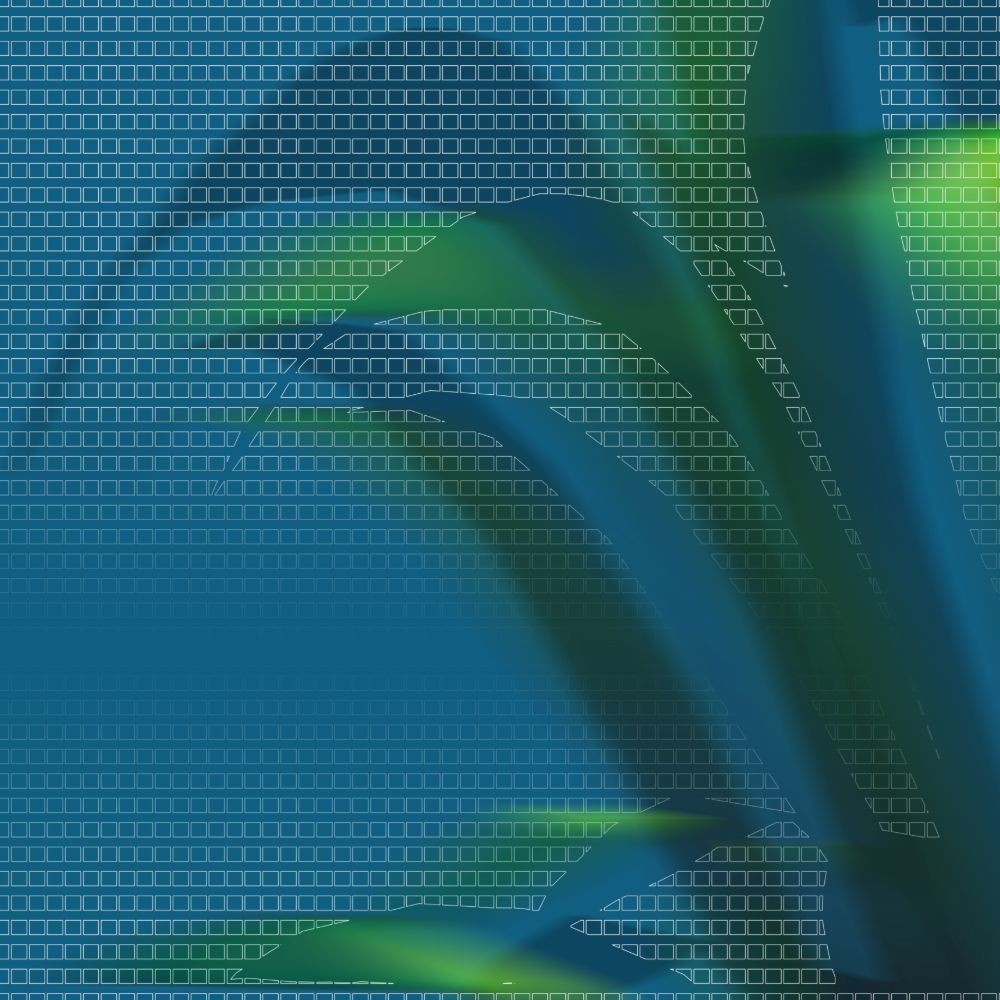

Below are our four current research priority themes, which align with the priorities of the Design and Creative Practice Enabling Impact Platform and the UN Sustainable Development Goals.

Through practice-based and allied creative methods, it asks how stories come to matter: whose stories, what stories, how stories are shaped, framed and circulated. It invites critical engagement with theories of difference and relationality, including Indigenous, feminist, queer, critical race, decolonial theory and posthumanist theory. Equally, it is open to the bending of genres to explore transgressive and performative contours and cartographies. The theme invites and implicates diverse modes of creative practice, including the essayistic, poetic, performative and fictional.
Researchers: Vicki Couzens, Eugenia Flynn, Ronnie Scott, Rebecca Hill, Michelle Aung Thin, Linda Daley, James Oliver, Melody Ellis, Sreedhevi Iyer, Rose Michael, Zoe Dzunko, Angela Meyer.
Sustainable Development Goal(s): 5, 16
This theme encourages engagement with interdisciplinary ways of knowing, including play scholarship from ludology, psychology, literary studies or biology. By foregrounding playful and experimental research practices with poetry, fiction, nonfiction, digital literatures, sound, screen and performance writing, this research enables innovative investigations of pressing material, social, ecological and cultural issues, and offers new insight into innovative methods and applications of creative writing and/or literary studies.

Researchers: Brigid Magner, Ronnie Scott, Jessica Wilkinson, Rose Michael, Peta Murray, Zoe Dzunko, Rebecca Harkins-Cross, Stayci Taylor, Lucinda Strahan, Melody Ellis, Angela Meyer
Sustainable Development Goal(s): 3, 11

Questions include: how can creative writing, screen and sound, design, and allied literary and creative practices, be used explore the complex relationships between place and sovereignty? How do place-stories and mediations contribute to a shared sense of identity, and how might they work to recalibrate settler-Indigenous relations? How do creative works authored by Indigenous writers and media-makers articulate and perform sovereignty? And how can literary/screen/sound practice transform how geographic places are experienced and defined?
Researchers: Vicki Couzens, Eugenia Flynn, Brigid Magner, Rebecca Hill, Linda Daley, James Oliver, Sreedhevi Iyer, Michelle Aung Thin, Melody Ellis, Rose Michael, Rebecca Harkins-Cross, Angela Meyer
Sustainable Development Goal(s): 11, 15
It invites a range of approaches, deploying fiction, nonfiction, poetry and/or performance writing, along with hybrid forms such as the audio essay or poetic biography that complicate generic boundaries. It explores and interrogates how devices of speculation, imagination, poetry and fabulation can generate new perspectives and approaches to critical issues. These include questions of work and care, ecological and ethical futures, and the politics and poetics of fact and fiction as they relate to the way stories are told, policies devised, and worlds imagined.

Researchers: Brigid Magner, Rose Michael, Ronnie Scott, Jessica Wilkinson, Rebecca Hill, Stayci Taylor, Linda Daley, James Oliver, Melody Ellis, Rebecca Harkins-Cross, Angela Meyer
Sustainable Development Goal(s): 11, 13


RMIT University acknowledges the people of the Woi wurrung and Boon wurrung language groups of the eastern Kulin Nation on whose unceded lands we conduct the business of the University. RMIT University respectfully acknowledges their Ancestors and Elders, past and present. RMIT also acknowledges the Traditional Custodians and their Ancestors of the lands and waters across Australia where we conduct our business - Artwork 'Sentient' by Hollie Johnson, Gunaikurnai and Monero Ngarigo.
Learn more about our commitment to Indigenous cultures